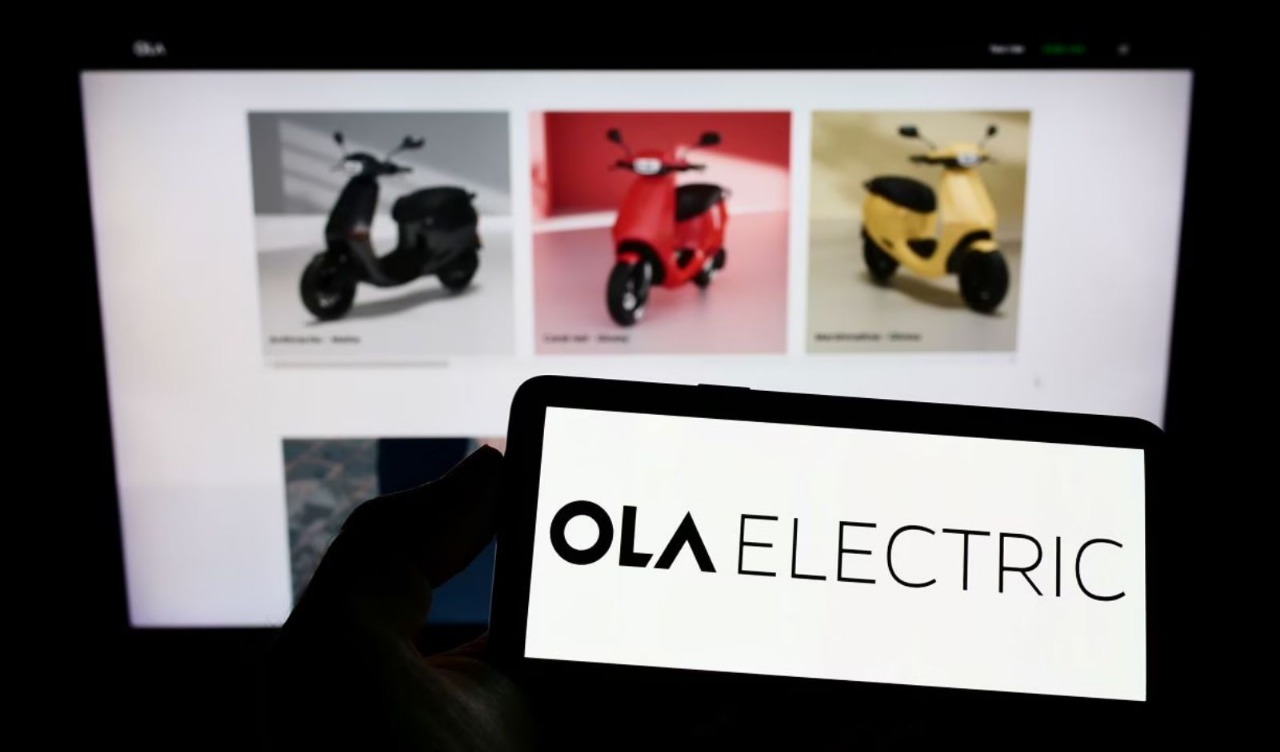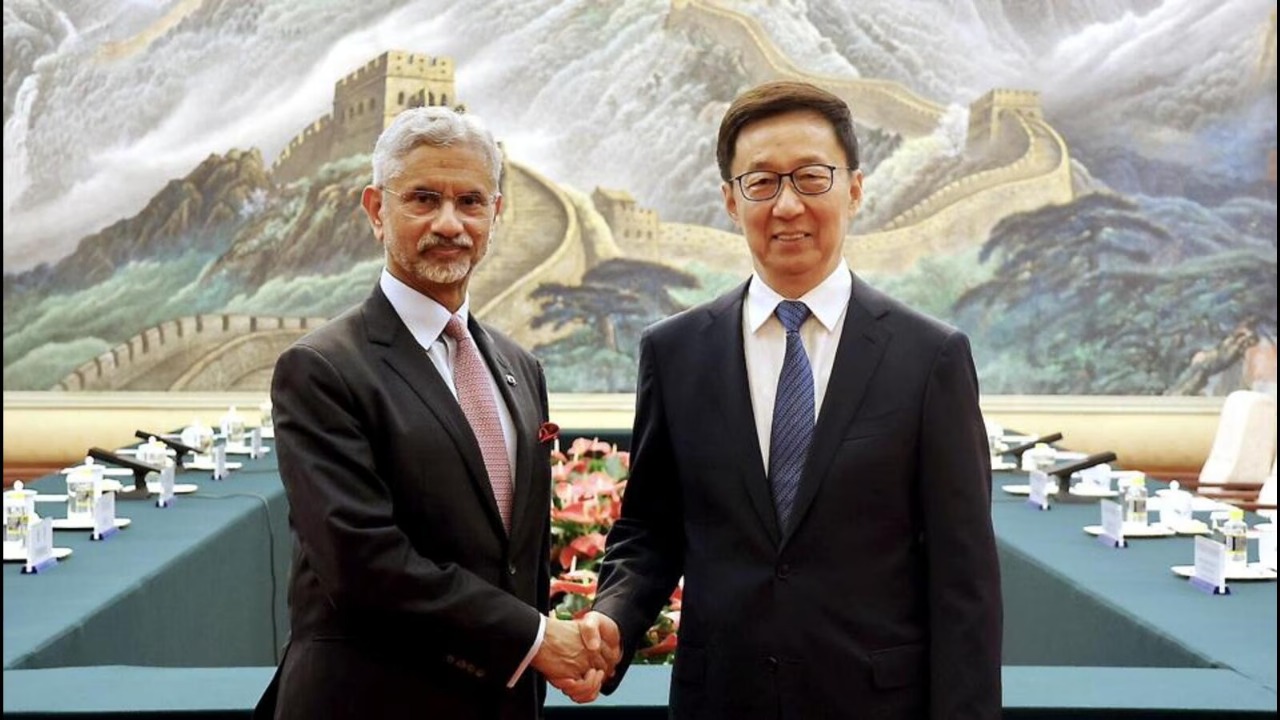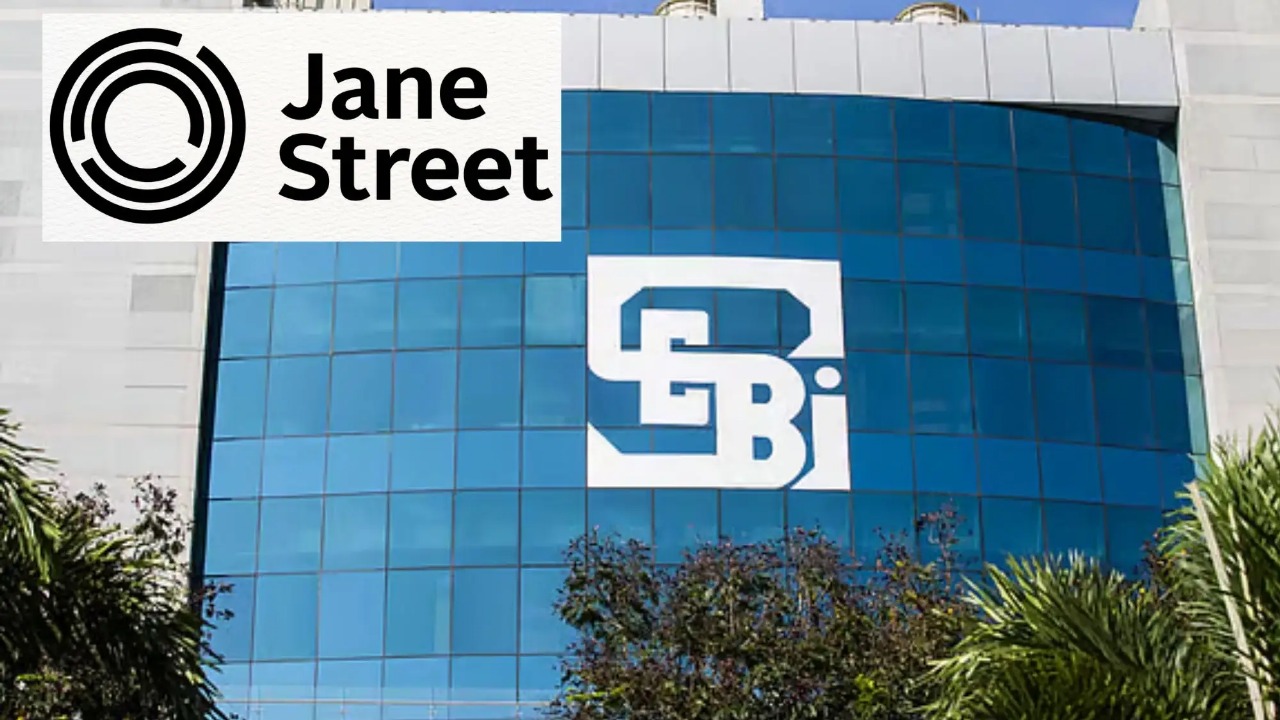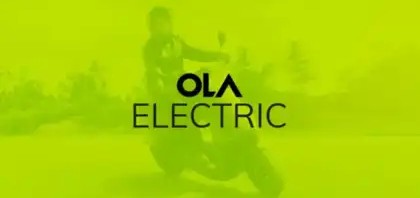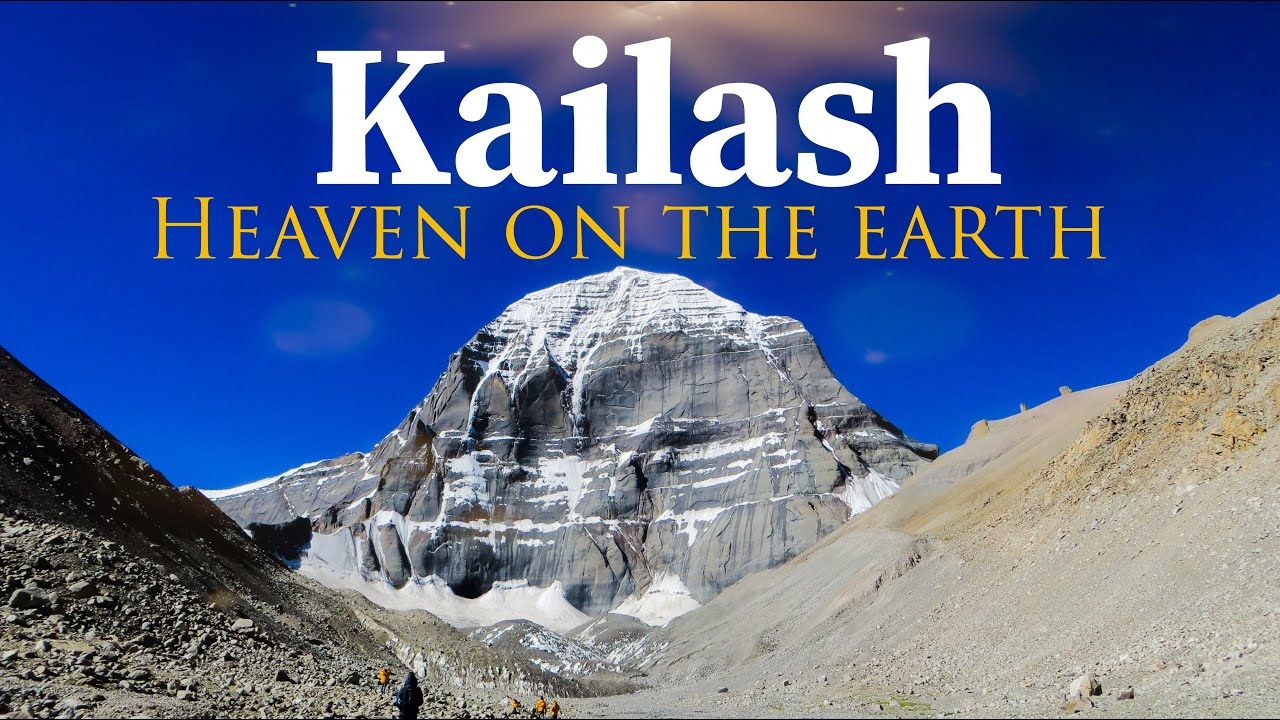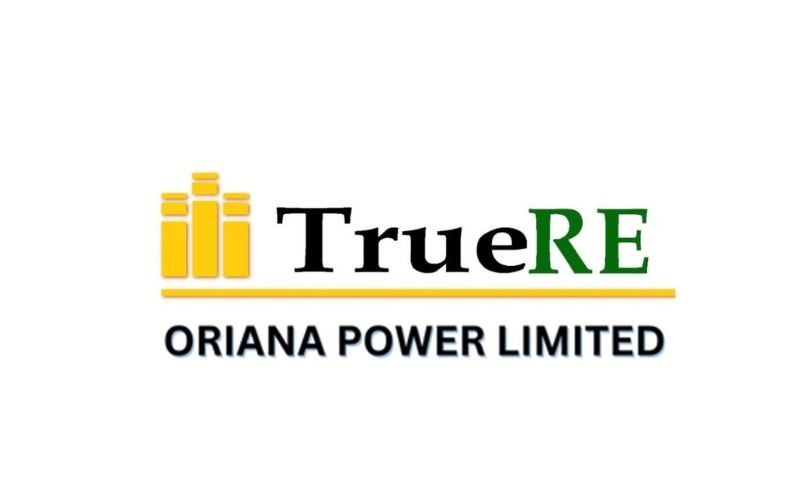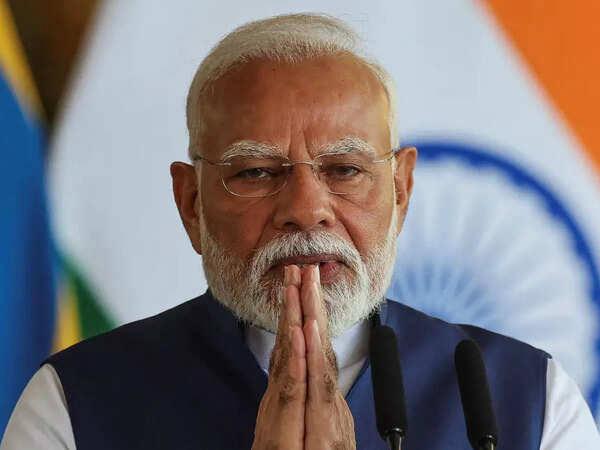 Image Source: Economic Times
Image Source: Economic Times
Key Highlights
Senior lawyer and newly elected Rajya Sabha MP Ujjwal Nikam's recent invitation by Prime Minister Narendra Modi has been controversial, not only for the personal act, but also for the timing in the context of Maharashtra's language debate. Modi's act—asking Nikam if he should use Hindi or Marathi—has been widely interpreted as an implicit expression of respect for linguistic diversity.
A Political and Personal Moment
Ujjwal Nikam was nominated to the Rajya Sabha by President Droupadi Murmu, with Modi himself phoning to inform him in person of the honor.
PM Modi welcomed Nikam in Marathi, and then jokingly inquired if he should continue in Marathi or shift to Hindi. The two chuckled, showing friendship and respect for each other.
Nikam subsequently told reporters that Modi had excellent Marathi and usually begins his speeches in Marathi when he speaks in Maharashtra and then switches to Hindi. Nikam also said that he prefers both languages and tries to pick up the local language whenever possible.
Background: Politics of Language in Maharashtra
The exchange is opportune considering that Maharashtra has been experiencing rising tensions of a linguistic nature, including cases of violence and politically charged incidents of the use of Marathi as compared to Hindi.
The last few weeks have witnessed attacks on speakers who are not Marathi and hot arguments on linguistic identity, with Shiv Sena (UBT) and MNS among the parties that blamed the BJP for forcing Hindi at the expense of Marathi.
Modi's move to start the conversation in Marathi, and his candid question about language preference, is being seen as a conciliatory move, suggesting that all languages have their time and space and that leaders are attuned to regional feelings.
Implications for Nikam and Maharashtra Nikam, the special public prosecutor for the case of the 26/11 Mumbai attacks, welcomed the nomination and the benevolent approach of the Prime Minister.
The incident has found much media attention, with the majority viewing it as a positive message at a time when language politics are in the spotlight in Maharashtra.
References: India Today, Mid-Day, NDTV, Moneycontrol
Advertisement
Advertisement


